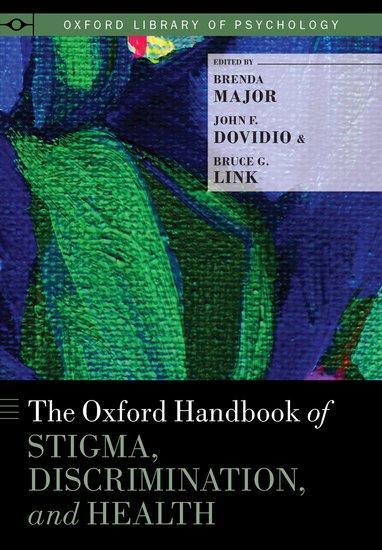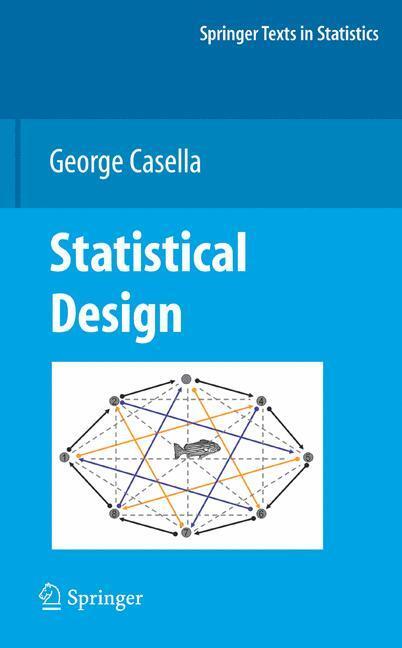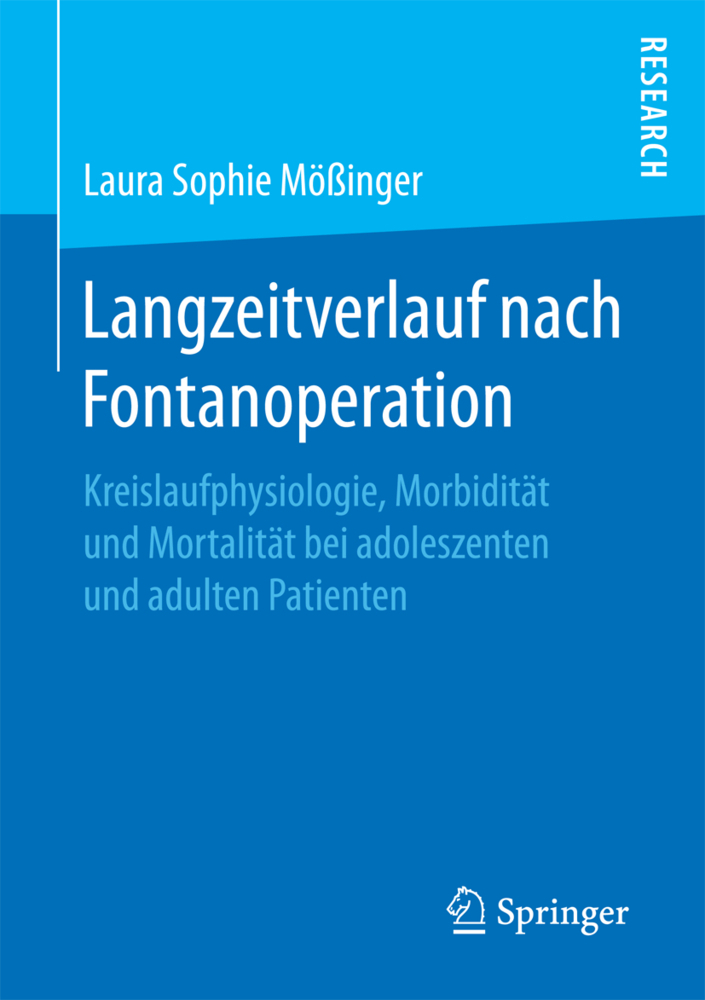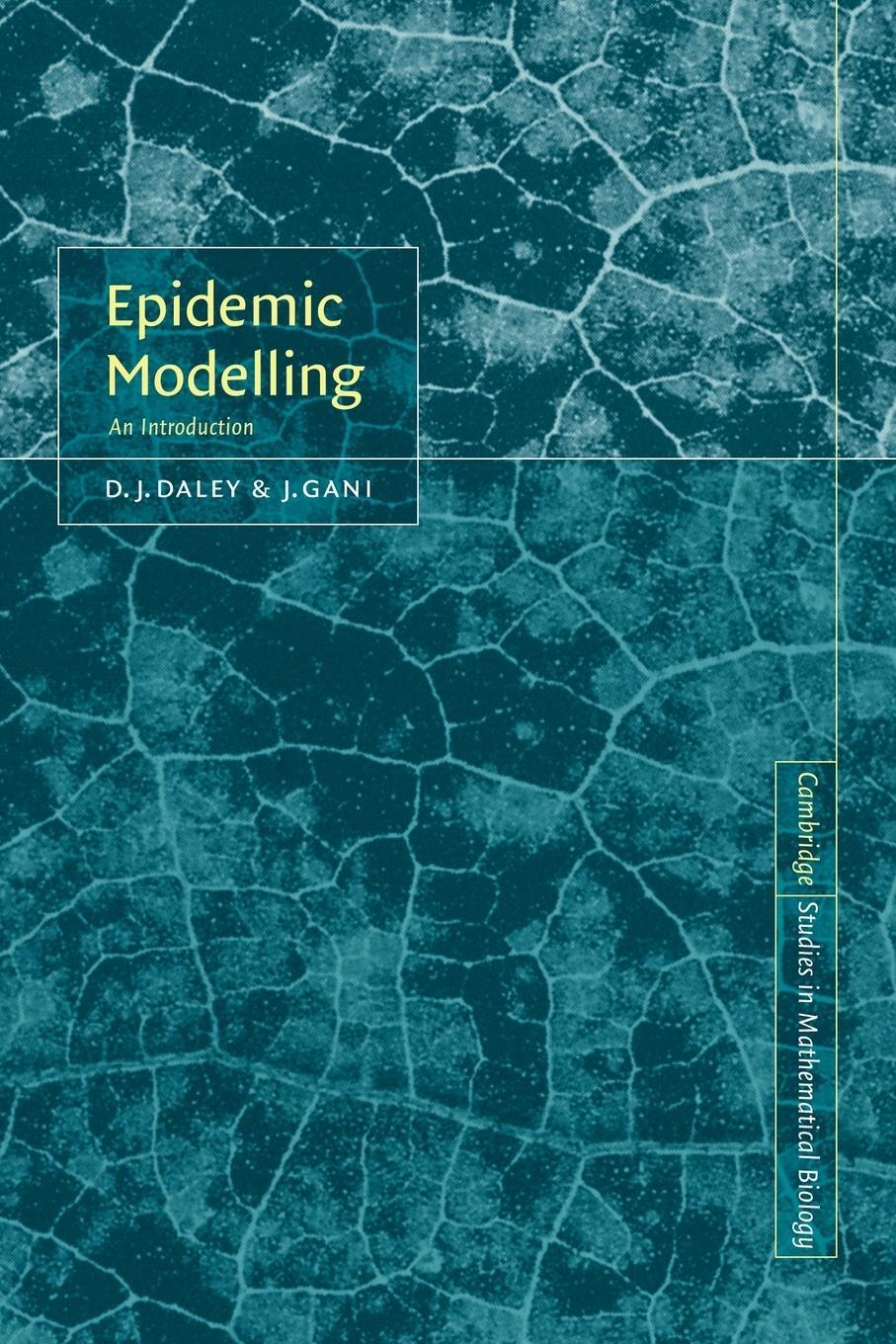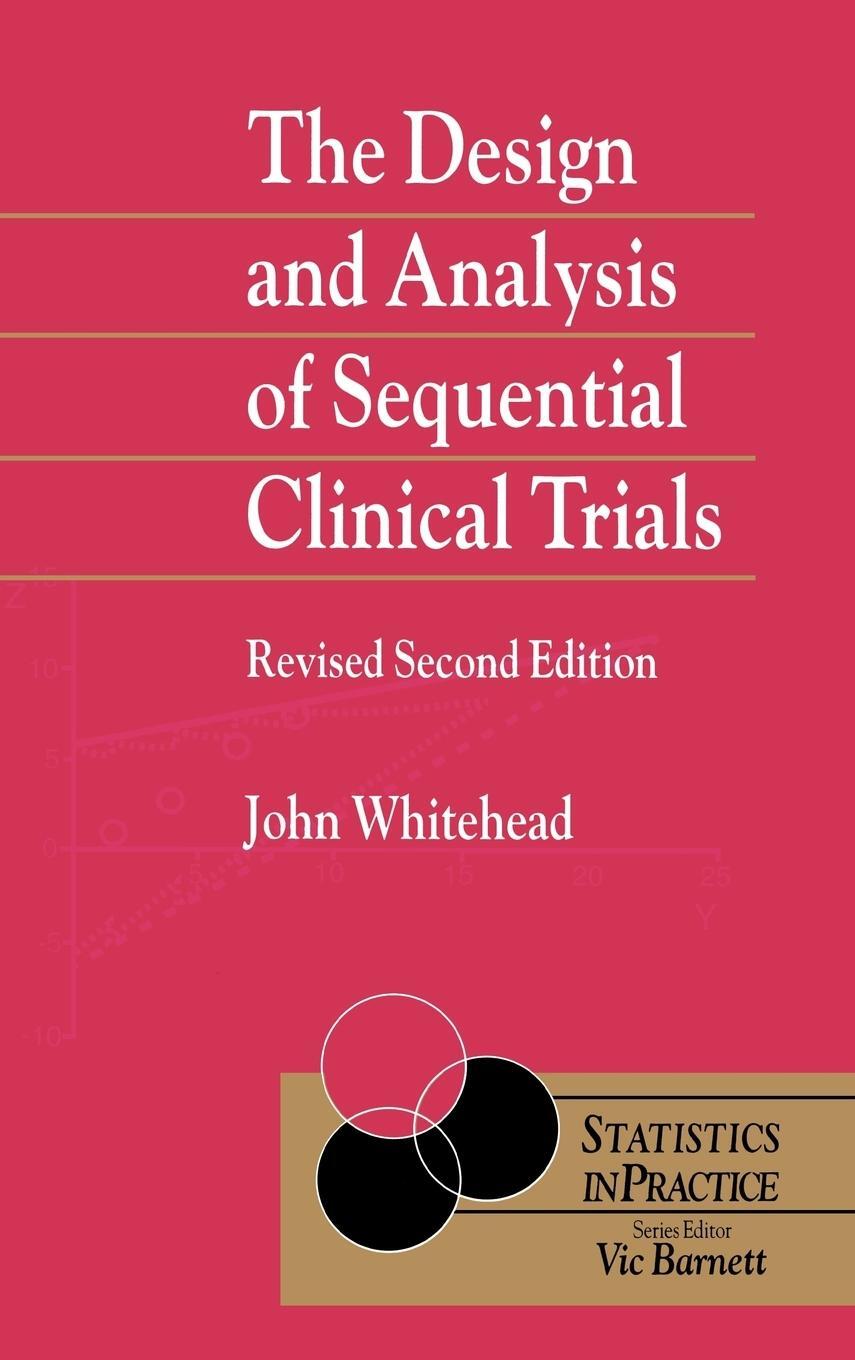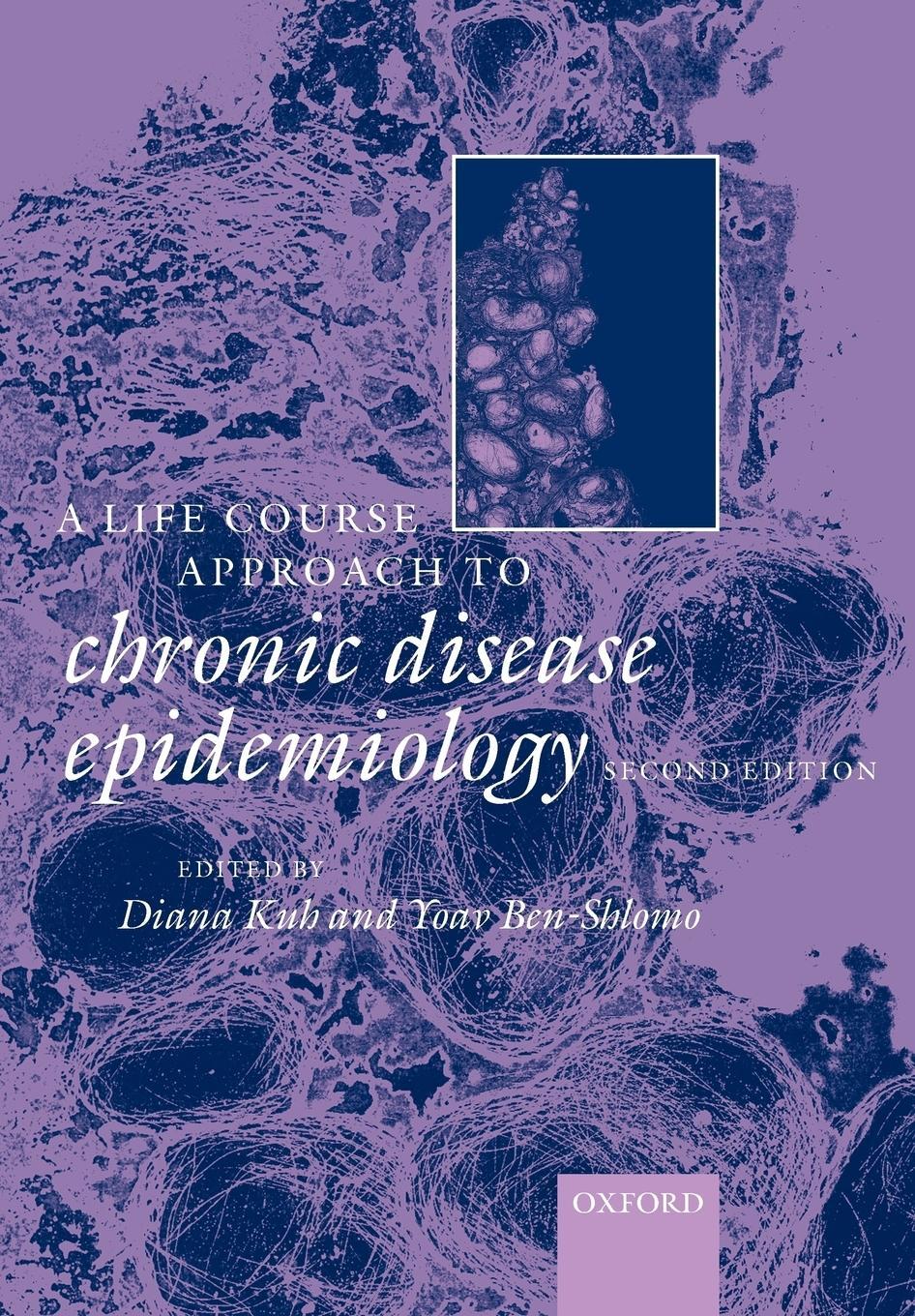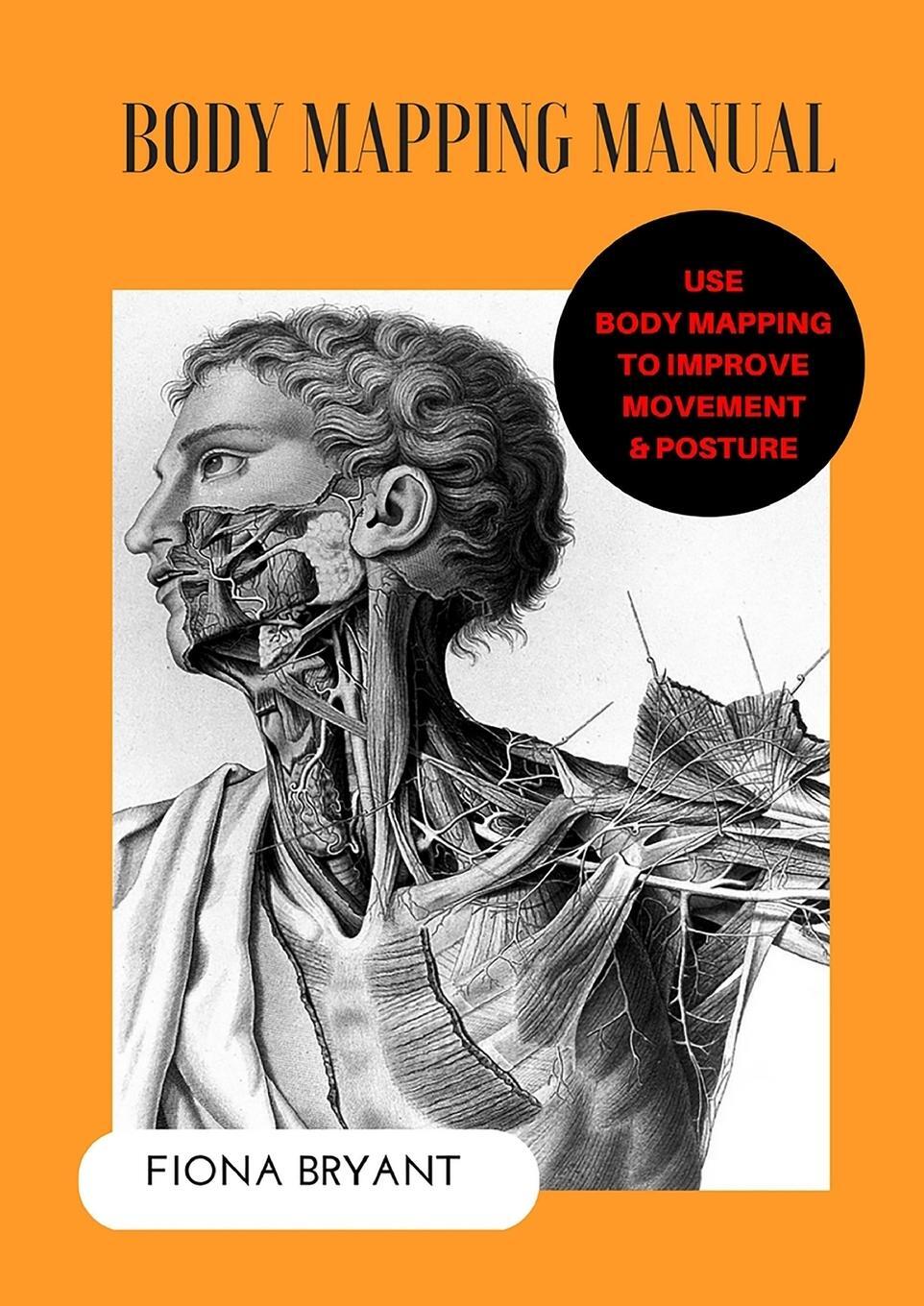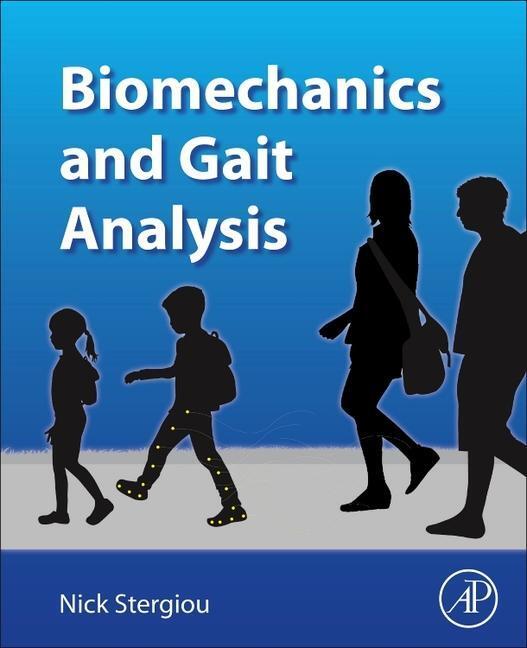Dekorationsartikel gehören nicht zum Leistungsumfang.
Sprache:
Englisch
199,95 €*
Versandkostenfrei per Post / DHL
Lieferzeit 1-2 Wochen
Kategorien:
Beschreibung
Stigma leads to poorer health. In The Oxford Handbook of Stigma, Discrimination, and Health, leading scholars identify stigma mechanisms that operate at multiple levels to erode the health of stigmatized individuals and, collectively, produce health disparities. This book provides unique insights concerning the link between stigma and health across various types of stigma and groups.
Stigma leads to poorer health. In The Oxford Handbook of Stigma, Discrimination, and Health, leading scholars identify stigma mechanisms that operate at multiple levels to erode the health of stigmatized individuals and, collectively, produce health disparities. This book provides unique insights concerning the link between stigma and health across various types of stigma and groups.
Über den Autor
Brenda Major received her Ph.D. from Purdue University in 1998. She is currently a Distinguished Professor in the Department of Psychological and Brain Sciences at the University of California, Santa Barbara. Her scholarship focuses on the social psychology of stigma and inequality. Her research interests include the psychological and physiological impact of prejudice and discrimination, how cultural ideologies shape entitlement and reactions to social inequality, the social and psychological impact of increasing ethnic diversity, and the psychology of resilience.
John F. (Jack) Dovidio, who received his Ph.D. from the University of Delaware in 1977, is currently the Carl Iver Hovland Professor of Psychology and Public Health, as well as Dean of Academic Affairs of the Faculty of Arts and Sciences, at Yale University. His research interests are in stereotyping, prejudice, and discrimination; social power and nonverbal communication; and altruism and helping. His scholarship focuses on understanding the dynamics of intergroup relations and ways to reduce intergroup bias and conflict.
Bruce Link is Professor of Epidemiology at Columbia University. His interests are centered on topics in psychiatric and social epidemiology as they bear on policy issues. He has written on the connection between socioeconomic status and health, homelessness, violence, stigma, and discrimination. With Jo Phelan, he has advanced the theory of social conditions as fundamental causes of disease. Currently he is conducting research on the life course origins of health inequalities by race/ethnicity and socioeconomic status, the consequences of social stigma for the life chances of people who are subject to stigma, and on evaluating intervention efforts aimed at reducing mental illness stigma in children attending middle school.
John F. (Jack) Dovidio, who received his Ph.D. from the University of Delaware in 1977, is currently the Carl Iver Hovland Professor of Psychology and Public Health, as well as Dean of Academic Affairs of the Faculty of Arts and Sciences, at Yale University. His research interests are in stereotyping, prejudice, and discrimination; social power and nonverbal communication; and altruism and helping. His scholarship focuses on understanding the dynamics of intergroup relations and ways to reduce intergroup bias and conflict.
Bruce Link is Professor of Epidemiology at Columbia University. His interests are centered on topics in psychiatric and social epidemiology as they bear on policy issues. He has written on the connection between socioeconomic status and health, homelessness, violence, stigma, and discrimination. With Jo Phelan, he has advanced the theory of social conditions as fundamental causes of disease. Currently he is conducting research on the life course origins of health inequalities by race/ethnicity and socioeconomic status, the consequences of social stigma for the life chances of people who are subject to stigma, and on evaluating intervention efforts aimed at reducing mental illness stigma in children attending middle school.
Inhaltsverzeichnis
- Preface
- Section I. Background
- Chapter 1: Stigma and Its Implications for Health: Introduction and Overview
- Brenda Major, John F. Dovidio, Bruce G. Link, and Sarah K. Calabrese
- Chapter 2: Physical Health Disparities and Stigma: Race, Sexual Orientation, and Body Weight
- John F. Dovidio, Louis A. Penner, Sarah K. Calabrese and Rebecca L. Pearl
- Chapter 3: Stigma as a Fundamental Cause of Health Inequality
- Bruce G. Link, Jo C. Phelan and Mark L. Hatzenbuehler
- Chapter 4: Power, Status, and Stigma: Their Implications for Health
- Jeff Lucas, Hsiang-Yuan Ho and Kristin Kerns
- Chapter 5: Stigma, Social Identity Threat and Health
- Brenda Major and Toni Schmader
- Chapter 6: Structural Stigma and Health
- Mark L. Hatzenbuehler
- Section II. Pathways from Stigma to Health
- Chapter 7: Discriminating Ecologies: A Life History Approach to Stigma and Health
- Steven L. Neuberg and Andreana C. Kenrick
- Chapter 8: Segregation, Stigma, and Stratification: A Biosocial Model
- Douglas S. Massey and Brandon Wagner
- Chapter 9: Racial Discrimination and Racial Disparities in Health
- Naomi Priest and David R. Williams
- Chapter 10: Patient Stigma, Medical Interactions, and Healthcare Disparities: A Selective Review
- Louis A. Penner, Sean M. Phelan, Valerie Earnshaw, Terrance L. Albrecht, and John F. Dovidio
- Chapter 11: Interpersonal Discrimination and Physical Health
- Laura Smart Richman, Elizabeth Pascoe, and Micah Lattanner
- Chapter 12: Biopsychosocial Mechanisms Linking Discrimination to Health: A Focus on Social Cognition
- Elizabeth Brondolo, Irene V. Blair, and Amandeep Kaur
- Chapter 13: Neural and Cardiovascular Pathways from Stigma to Suboptimal Health
- Belle Derks and Daan Scheepers
- Chapter 14: Affective Reactions as Mediators of the Relationship between Stigma and Health
- Wendy Berry Mendes and Keely A. Muscatell
- Section III. Moderators of the Stigma-Health Relationship
- Chapter 15: When Stigma is Concealable: The Costs and Benefits for Health
- Diane M. Quinn
- Chapter 16: Social Identity, Stigma and Health
- Jolanda Jetten, S. Alexander Haslam, Tegan Cruwys and Nyla R. Branscombe
- Chapter 17: Social Stigma and Health: An Identity-Based Motivation Perspective
- Daphna Oyserman and Oliver Fisher
- Chapter 18: Parenting as a Buffer that Deters Discrimination and Race-Related Stressors from"Getting Under the Skin": Theories, Findings, and Future Directions
- Allen W. Barton and Gene H. Brody
- Chapter 19: Perceived Racial Discrimination and Health Behavior: Mediation and Moderation
- Frederick X. Gibbons and Michelle L. Stock
- Chapter 20: Stigma, Health, and Individual Differences
- Rodolfo Mendoza-Denton and Jordan B. Leitner
- Section IV. Anti-Stigma Interventions
- Chapter 21: Getting Underneath the Power of "Contact": Revisiting the Fundamental Lever of Stigma as a Social Network Phenomenon
- Bernice A. Pescosolido and Bianca Manago
- Chapter 22: Reducing Physical Illness Stigma: Insights from the Mental Illness Arena
- Patrick W. Corrigan, Andrea B. Bink, and Annie Schmidt
- Chapter 23: Public Health with a Punch: Fear, Stigma, and Hard-Hitting Media Campaigns
- Amy Fairchild and Ron Bayer
- Chapter 24: Public Health and Social Justice: An Argument Against Stigma as a Tool of Health Promotion and Disease Prevention
- Erika Blacksher
- Section V. Bi-directional Processes in Stigma and Health
- Chapter 25: Stigma and the"Social Epidemic" of HIV: Understanding Bi-Directional Mechanisms of Risk and Resilience
- Stephenie R. Chaudoir and Jeffrey D. Fisher
- Chapter 26: Sexual Minority Stigma and Health
- John E. Pachankis and David J. Lick
- Chapter 27: The Negative and Bi-Directional Effects of Weight Stigma on Health
- Brenda Major, A. Janet Tomiyama and Jeffrey M. Hunger
- Chapter 28: Mental and Physical Health Consequences of the Stigma Associated with Mental Illness
- Bruce G. Link, Jo C. Phelan and Greer Sullivan
Details
| Erscheinungsjahr: | 2017 |
|---|---|
| Fachbereich: | Theoretische Psychologie |
| Genre: | Psychologie |
| Rubrik: | Geisteswissenschaften |
| Medium: | Buch |
| Seiten: | 576 |
| Inhalt: | Gebunden |
| ISBN-13: | 9780190243470 |
| ISBN-10: | 0190243473 |
| Sprache: | Englisch |
| Einband: | Gebunden |
| Autor: |
Major, Brenda
Dovidio, John F. Link, Bruce G. |
| Redaktion: |
Major, Brenda
Dovidio, John F Link, Bruce G |
| Hersteller: | Sydney University Press |
| Maße: | 257 x 183 x 36 mm |
| Von/Mit: | Brenda Major (u. a.) |
| Erscheinungsdatum: | 13.12.2017 |
| Gewicht: | 1,247 kg |
Über den Autor
Brenda Major received her Ph.D. from Purdue University in 1998. She is currently a Distinguished Professor in the Department of Psychological and Brain Sciences at the University of California, Santa Barbara. Her scholarship focuses on the social psychology of stigma and inequality. Her research interests include the psychological and physiological impact of prejudice and discrimination, how cultural ideologies shape entitlement and reactions to social inequality, the social and psychological impact of increasing ethnic diversity, and the psychology of resilience.
John F. (Jack) Dovidio, who received his Ph.D. from the University of Delaware in 1977, is currently the Carl Iver Hovland Professor of Psychology and Public Health, as well as Dean of Academic Affairs of the Faculty of Arts and Sciences, at Yale University. His research interests are in stereotyping, prejudice, and discrimination; social power and nonverbal communication; and altruism and helping. His scholarship focuses on understanding the dynamics of intergroup relations and ways to reduce intergroup bias and conflict.
Bruce Link is Professor of Epidemiology at Columbia University. His interests are centered on topics in psychiatric and social epidemiology as they bear on policy issues. He has written on the connection between socioeconomic status and health, homelessness, violence, stigma, and discrimination. With Jo Phelan, he has advanced the theory of social conditions as fundamental causes of disease. Currently he is conducting research on the life course origins of health inequalities by race/ethnicity and socioeconomic status, the consequences of social stigma for the life chances of people who are subject to stigma, and on evaluating intervention efforts aimed at reducing mental illness stigma in children attending middle school.
John F. (Jack) Dovidio, who received his Ph.D. from the University of Delaware in 1977, is currently the Carl Iver Hovland Professor of Psychology and Public Health, as well as Dean of Academic Affairs of the Faculty of Arts and Sciences, at Yale University. His research interests are in stereotyping, prejudice, and discrimination; social power and nonverbal communication; and altruism and helping. His scholarship focuses on understanding the dynamics of intergroup relations and ways to reduce intergroup bias and conflict.
Bruce Link is Professor of Epidemiology at Columbia University. His interests are centered on topics in psychiatric and social epidemiology as they bear on policy issues. He has written on the connection between socioeconomic status and health, homelessness, violence, stigma, and discrimination. With Jo Phelan, he has advanced the theory of social conditions as fundamental causes of disease. Currently he is conducting research on the life course origins of health inequalities by race/ethnicity and socioeconomic status, the consequences of social stigma for the life chances of people who are subject to stigma, and on evaluating intervention efforts aimed at reducing mental illness stigma in children attending middle school.
Inhaltsverzeichnis
- Preface
- Section I. Background
- Chapter 1: Stigma and Its Implications for Health: Introduction and Overview
- Brenda Major, John F. Dovidio, Bruce G. Link, and Sarah K. Calabrese
- Chapter 2: Physical Health Disparities and Stigma: Race, Sexual Orientation, and Body Weight
- John F. Dovidio, Louis A. Penner, Sarah K. Calabrese and Rebecca L. Pearl
- Chapter 3: Stigma as a Fundamental Cause of Health Inequality
- Bruce G. Link, Jo C. Phelan and Mark L. Hatzenbuehler
- Chapter 4: Power, Status, and Stigma: Their Implications for Health
- Jeff Lucas, Hsiang-Yuan Ho and Kristin Kerns
- Chapter 5: Stigma, Social Identity Threat and Health
- Brenda Major and Toni Schmader
- Chapter 6: Structural Stigma and Health
- Mark L. Hatzenbuehler
- Section II. Pathways from Stigma to Health
- Chapter 7: Discriminating Ecologies: A Life History Approach to Stigma and Health
- Steven L. Neuberg and Andreana C. Kenrick
- Chapter 8: Segregation, Stigma, and Stratification: A Biosocial Model
- Douglas S. Massey and Brandon Wagner
- Chapter 9: Racial Discrimination and Racial Disparities in Health
- Naomi Priest and David R. Williams
- Chapter 10: Patient Stigma, Medical Interactions, and Healthcare Disparities: A Selective Review
- Louis A. Penner, Sean M. Phelan, Valerie Earnshaw, Terrance L. Albrecht, and John F. Dovidio
- Chapter 11: Interpersonal Discrimination and Physical Health
- Laura Smart Richman, Elizabeth Pascoe, and Micah Lattanner
- Chapter 12: Biopsychosocial Mechanisms Linking Discrimination to Health: A Focus on Social Cognition
- Elizabeth Brondolo, Irene V. Blair, and Amandeep Kaur
- Chapter 13: Neural and Cardiovascular Pathways from Stigma to Suboptimal Health
- Belle Derks and Daan Scheepers
- Chapter 14: Affective Reactions as Mediators of the Relationship between Stigma and Health
- Wendy Berry Mendes and Keely A. Muscatell
- Section III. Moderators of the Stigma-Health Relationship
- Chapter 15: When Stigma is Concealable: The Costs and Benefits for Health
- Diane M. Quinn
- Chapter 16: Social Identity, Stigma and Health
- Jolanda Jetten, S. Alexander Haslam, Tegan Cruwys and Nyla R. Branscombe
- Chapter 17: Social Stigma and Health: An Identity-Based Motivation Perspective
- Daphna Oyserman and Oliver Fisher
- Chapter 18: Parenting as a Buffer that Deters Discrimination and Race-Related Stressors from"Getting Under the Skin": Theories, Findings, and Future Directions
- Allen W. Barton and Gene H. Brody
- Chapter 19: Perceived Racial Discrimination and Health Behavior: Mediation and Moderation
- Frederick X. Gibbons and Michelle L. Stock
- Chapter 20: Stigma, Health, and Individual Differences
- Rodolfo Mendoza-Denton and Jordan B. Leitner
- Section IV. Anti-Stigma Interventions
- Chapter 21: Getting Underneath the Power of "Contact": Revisiting the Fundamental Lever of Stigma as a Social Network Phenomenon
- Bernice A. Pescosolido and Bianca Manago
- Chapter 22: Reducing Physical Illness Stigma: Insights from the Mental Illness Arena
- Patrick W. Corrigan, Andrea B. Bink, and Annie Schmidt
- Chapter 23: Public Health with a Punch: Fear, Stigma, and Hard-Hitting Media Campaigns
- Amy Fairchild and Ron Bayer
- Chapter 24: Public Health and Social Justice: An Argument Against Stigma as a Tool of Health Promotion and Disease Prevention
- Erika Blacksher
- Section V. Bi-directional Processes in Stigma and Health
- Chapter 25: Stigma and the"Social Epidemic" of HIV: Understanding Bi-Directional Mechanisms of Risk and Resilience
- Stephenie R. Chaudoir and Jeffrey D. Fisher
- Chapter 26: Sexual Minority Stigma and Health
- John E. Pachankis and David J. Lick
- Chapter 27: The Negative and Bi-Directional Effects of Weight Stigma on Health
- Brenda Major, A. Janet Tomiyama and Jeffrey M. Hunger
- Chapter 28: Mental and Physical Health Consequences of the Stigma Associated with Mental Illness
- Bruce G. Link, Jo C. Phelan and Greer Sullivan
Details
| Erscheinungsjahr: | 2017 |
|---|---|
| Fachbereich: | Theoretische Psychologie |
| Genre: | Psychologie |
| Rubrik: | Geisteswissenschaften |
| Medium: | Buch |
| Seiten: | 576 |
| Inhalt: | Gebunden |
| ISBN-13: | 9780190243470 |
| ISBN-10: | 0190243473 |
| Sprache: | Englisch |
| Einband: | Gebunden |
| Autor: |
Major, Brenda
Dovidio, John F. Link, Bruce G. |
| Redaktion: |
Major, Brenda
Dovidio, John F Link, Bruce G |
| Hersteller: | Sydney University Press |
| Maße: | 257 x 183 x 36 mm |
| Von/Mit: | Brenda Major (u. a.) |
| Erscheinungsdatum: | 13.12.2017 |
| Gewicht: | 1,247 kg |
Warnhinweis

